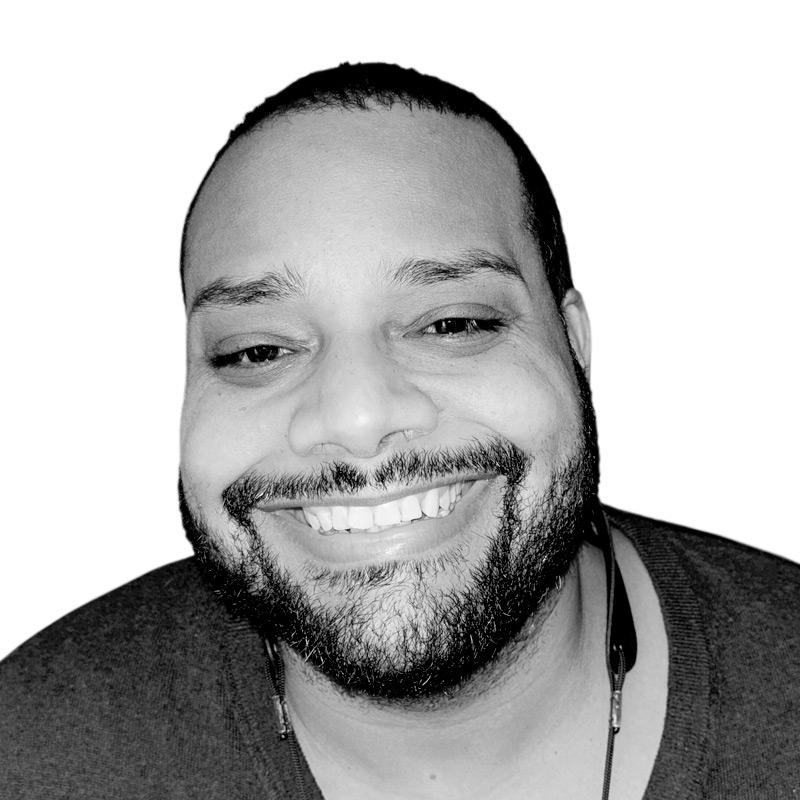
There are too many front-runners to decisively lead the Democratic Party into presidential primary season, and there are too many marginal candidates to tally with confidence. To date, there are 14 potential losers —and counting.
In the earliest phase of the 2020 presidential election, the front-runner class comprises two prohibitive front-runners, Bernie Sanders and Joe Biden; secondary front-runners Kamala Harris, Beto O’Rourke, and Elizabeth Warren; and the single-digit senators, including Cory Booker, Amy Klobuchar, and Kirsten Gillibrand. The senators who are running for president will all be taken seriously because of their national prominence, official titles, and seasoned press relations departments. But the Democratic field is overcrowded, and there’s only so much insurance to go around. Biden, the leading candidate in most polls, is once again hesitating to launch a presidential campaign. He’s run for president twice before and lost. He’s no stranger to the brutal odds of modern presidential campaigns.
There do, paradoxically, seem to be far fewer reservations among the many candidates who poll below 1 percent and struggle for recognition, much less favor, among party loyalists who have largely never even heard of these people. The margins include Washington Governor Jay Inslee, Hawaii Representative Tulsi Gabbard, former Obama housing secretary Julián Castro, and South Bend Mayor Pete Buttigieg. They each distinguish themselves in some substantial, if singular, regard. Inslee is the climate change candidate. Gabbard—an Iraq War veteran and an anti-interventionist—is the foreign policy candidate in a field otherwise defined by domestic concerns. Buttigieg is an openly gay politician leading an insurgent charm offensive.
There are outsiders, too. Andrew Yang, a young entrepreneur, has launched a campaign to promote his ideas about labor force automation and universal basic income. Yang has already achieved meme-hood among right-wing chan-dwellers and establishmentarian liberals alike. He may well earn enough low-dollar campaign contributions to win an invitation to compete at some Democratic debates, and he may use his speaking time to influence the broader Democratic presidential field’s outlook on his signature concerns. He won’t win the nomination though. In the tradition of countless vanity candidates before him, Yang loiters on the wrong side of the line between respectable challengers who may not win and quirky challengers who will certainly lose and are, thus, wasting everyone’s time.
The outsiders are all long shots against the celebrity senators. Indeed, the early news coverage of their respective campaigns tends to underscore the long odds, the niche appeal, and the quirky rationale for their bothering to even run for president in such a prohibitively competitive year. Alexandria Ocasio-Cortez has managed to launch a national climate change debate without launching a presidential campaign. There are more sensible, less grueling ways to promote one’s priorities, and even one’s self, before running hopelessly for president. Beto O’Rourke raised $6.1 million in the first 24 hours of his presidential candidacy; he can afford to run because he’s “just born to be in it.” Buttigieg’s rationale is still more whimsical than O’Rourke’s nascent campaign: In running for president in 2020, Buttigeg is really running for president from a stronger position later in the 2020s. Or else he’s running—eventually—for a different office altogether.
There’s the strong possibility—so strong that it’s very nearly fact—that the long shots are not going to win the Democratic presidential nomination. It’s tough to imagine them even winning a single state contest or ranking among the top contenders in their own home states. Still, the consolation prizes are invaluable for almost every candidate. They will have earned media coverage, a book deal, a TV contract, a better position to run for statewide office, a political appointment—a vice presidential nomination, if they’re lucky—and better luck next time.

